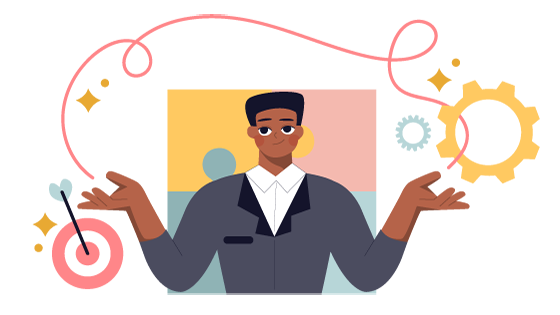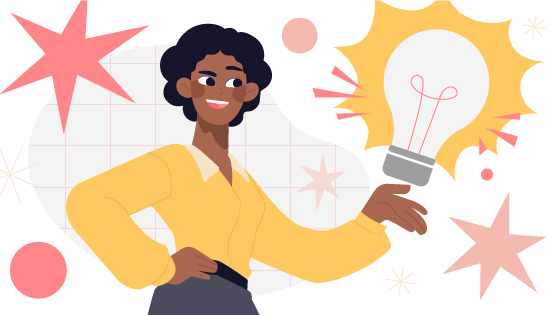They say that knowledge is power, but when it comes to analyzing your learners, knowledge is more along the lines of being able to predict the future. Thanks to the ability to better track your learners through big data, a strategy often used for marketing can also work in predicting learner behavior and matching each person to their perfect eLearning module. By recognizing the limitations of typical programs, you can wipe out some of your biggest challenges with the sheer power of information.
Potential Problems
While conventional eLearning modules have their strengths, they aren’t perfect – yet. With traditional programs, you typically apply the same medium and material to learners, regardless of their personal tastes, strengths and weaknesses. The same program also assumes that all learners have access to all the same devices, which can be a huge miscalculation.
Making eLearning a more personalized experience for your learners can make all the difference in increasing motivation. After all, when a module is hard to access and plays against a learner’s weaknesses, he or she is hardly itching to log on and start learning. Therefore, to drill down on a learner’s access points and favorite method of learning – and even predicting how well a learner will interact with the module – you can better tailor each module to suit a variety of learners’ needs.
Big Data to the Rescue
Big data – huge super-sets of uncategorized information – is usually used in the realm of marketing. Firms use big data to deliver the right message, through the right medium, to the right individual. Now, think about how powerful that ability could be in the area of eLearning. Instead of applying the same module to all learners, you could use information about a person’s likes, dislikes, hobbies and even family life to tailor the program that suits each learner best.
Take learning styles, for example. Big data can show you how a learner has fared in past programs, as well as display information about social media usage. When you note that a specific learner has a high propensity to use social media and traditionally does with using multimedia modules, you can offer him a microlearning platform that plays to his strengths and likes.
Personalize eLearning with Big Data
Big data can also help you predict how a learner will react to material. If you have a learner who has a history of attending live courses to good results, you might predict that a hands-off, mobile-heavy module might not be the best fit. Changing to a flipped classroom model will probably work better for those who prefer traditional training.
Big data offers you the opportunity to take a peek into your learners’ lives and create a more personalized experience for training. Maybe knowledge is power – but it’s also an effective way to increase learner motivation, too.





